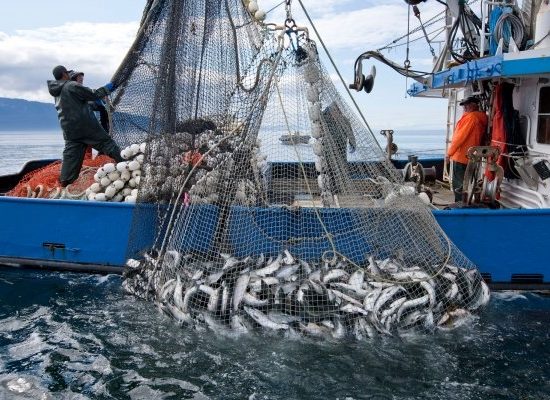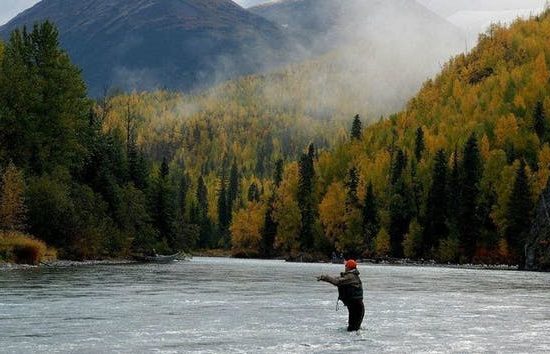In January 2013, McDonald’s made waves in the media by committing to use only wild Alaskan pollock, certified as sustainable by the Marine Stewardship Council (MSC), to make its popular Filet-O-Fish sandwiches in the U.S.. With awareness of an overfishing problem on the rise, this move was hailed as a landmark of corporate responsibility.
From the get-go, a few fishery experts raised doubts about the ultimate significance of the change. Grist pointed out that the MSC rates Alaska pollock a “good alternative,” rather than a “best choice,” in terms of sustainability, because fishing had already pushed its population to the lowest point in two decades.
A Slate article published on Wednesday casts further aspersions on the wisdom of using Alaska pollock. Its author, Lee van der Voo, spent 2013 investigating the seafood industry, and found that in the process of trawling for Alaska pollock, fishermen accidentally catch millions of pounds of Alaska halibut as “bycatch.”
For that reason, Alaska natives have said that trawlers pose an existential threat to their way of life. McDonald’s Filet-o-Fish isn’t, of course, solely responsible for this threat — but this sad story does help prove that questions of sustainability are often more complicated than major corporations would have you believe.
See Full Story at Huffington Post










